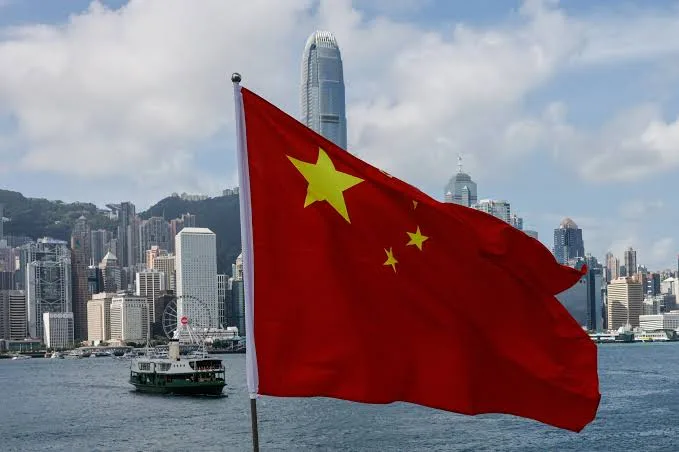Hong Kong – July 28, 2025 –
Hong Kong police have escalated their crackdown on pro-democracy activism by issuing arrest warrants for 19 individuals residing overseas, accusing them of subversion under the Beijing-imposed National Security Law. These individuals are alleged to be involved in organizing, establishing, or participating in an overseas political group dubbed the “Hong Kong Parliament.” The move has drawn sharp condemnation from several Western nations, who decry it as an act of “transnational repression.”
The warrants, announced by Hong Kong’s national security police on Friday, July 25, target individuals located in various countries including Australia, Canada, Taiwan, Thailand, the United States, and the United Kingdom. Police have also offered bounties for information leading to their arrest, with rewards ranging from HK200,000 to HK1 million (approximately US25,500 to US127,400) for certain key figures. Among those named are prominent activists such as Elmer Yuen, Johnny Fok, Tony Choi, Victor Ho, and Keung Ka-wai.
Hong Kong authorities allege that the “Hong Kong Parliament” is a “subversive organization” that aims to promote self-determination and establish a “Hong Kong constitution,” using “illegal means to overthrow and undermine China’s fundamental system or overthrow the institutions in power in the city or China.” The group reportedly held an online vote to form a “legislature” and its organizers stated that voting wrapped in June with over 15,700 valid votes.
International Condemnation:
The issuance of these warrants has triggered immediate and strong reactions from multiple countries, who view it as an extraterritorial application of Beijing’s national security laws and a threat to civil liberties abroad.
* United States: US Secretary of State Marco Rubio condemned the move as a “form of transnational repression,” stating that “the extraterritorial targeting of Hong Kongers who are exercising their fundamental freedoms is unacceptable.”
* Canada: Canadian Foreign Affairs Minister Anita Anand and Public Safety Minister Gary Anandasangaree issued a joint statement condemning the warrants. They declared that “this attempt by Hong Kong authorities to conduct transnational repression abroad, including by issuing threats, intimidation or coercion against Canadians or those in Canada, will not be tolerated.” They also noted that some of the targeted individuals are Canadian citizens or have close ties to Canada, and reiterated calls to repeal the National Security Law.
* Australia: Australian Foreign Minister Penny Wong expressed strong objections on social media, stating: “Australia strongly objects to Hong Kong authorities issuing arrest warrants for pro-democracy advocates in Australia. Freedom of expression and assembly are essential to our democracy.”
* United Kingdom: The UK’s Foreign Secretary and Home Secretary issued a joint statement calling the warrants “another example of transnational repression” that “encourages reckless behaviour on UK soil and damages Hong Kong’s international reputation.” They reiterated the UK’s strong opposition to the National Security Law and pledged to protect the rights and safety of Hong Kongers who have made the UK their home.
China’s Response:

In response to the international criticism, Chinese Foreign Ministry Spokesperson Guo Jiakun on July 28 “deplored and opposed relevant countries’ accusations against the law enforcement operation of the government of the Hong Kong Special Administrative Region.” Guo asserted that Hong Kong police’s actions were “fully just to uphold the rule of law in Hong Kong, necessary to defend national sovereignty and security, and legitimate to safeguard the lasting peace of Hong Kong.” He maintained that the operation was “in line with international law and common practices.”
This is the fourth time Hong Kong authorities have issued bounties for overseas activists under the National Security Law, which was directly imposed by Beijing in June 2020 following months of pro-democracy protests. The law has been widely criticized by human rights groups and Western governments for curtailing freedoms and autonomy previously guaranteed under the “One Country, Two Systems” framework.
The latest warrants intensify concerns about the long reach of Beijing’s security laws and raise questions about the safety of activists residing abroad, potentially chilling dissent among the Hong Kong diaspora.
